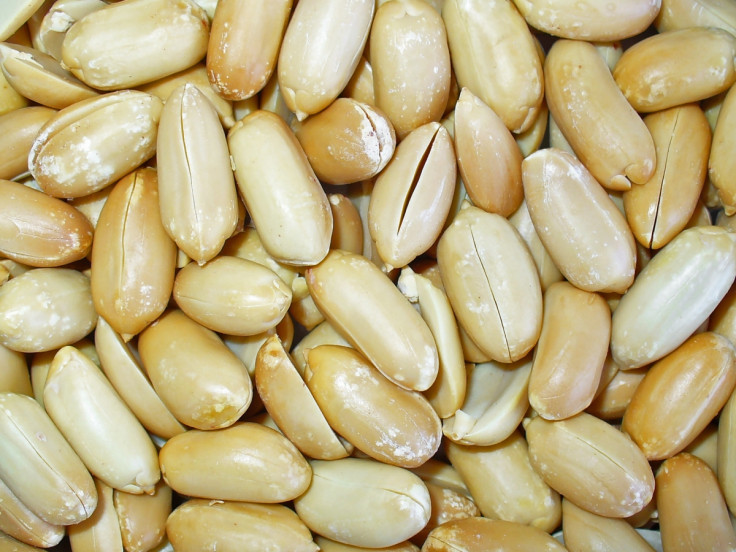Research by UK Doctors Finds Cure for Miserable Nut Allergies

A new therapy developed by UK doctors can potentially save millions of people suffering from nut allergies all over the world.
Doctors at NHS Addenbrookes Hospital in Cambridge have proved the effectiveness of the immunotherapy formula after five-and-a-half years of research.
The new therapy can cure even the most susceptible patients by administering the peanut protein in varying doses over time, the study, originally published in the Lancet, said.
Researchers tested the protein on 99 children aged between 7 and 16, and gave them the protein in powder form, gradually increasing the dosage over a period of six months, up to 800 mg, or the equivalent to five peanuts, per day.
After the end of this clinical trial, all the children could eat a whole nut without any adverse reaction, while about 84% could eat 5 peanuts without falling ill, and over 50% could safely eat even 10.
Lena Barden, 11, had suffered from severe nut allergies all her life. When she was two years old, she ended up in hospital after eating the "first nut" she ever had.
The new immunotherapy changed the young girl's life, and she will be able to eat peanuts and "all nice food" after the treatment, she told Daybreak.
She was thrilled to try a donut which contains peanuts. "It tasted amazing," she said.
Intensive clinical investigation
Dr Andrew Clark hopes the immunotherapy treatment will soon be available in NHS.
More intensive clinical investigation in larger trial groups will be needed before the therapy can get regulatory approval, which may take several years.
However, before the official sanction, Cambridge University Hospitals NHS Foundation Trust plans to open a peanut allergy clinic where the therapy could be licensed on a patient-by-patient basis, according to the Independent.
"This is a real first. Peanut allergies affect one million people in the UK. We have a large research group and we have been working on this for about 20 years", Dr Clark told the Telegraph.
"So many people have this allergy and there are a number of deaths across the UK each year. Hopefully we can use this treatment in the NHS now", he added.
Maureen Jenkins, director of clinical services at Allergy UK, told the Independent the "fantastic" results of the trial had exceeded expectations.
"Peanut allergy is a particularly frightening food allergy, causing constant anxiety of a reaction from peanut traces", said Jenkins.
"This is a major step forward in the global quest to manage it".
© Copyright IBTimes 2025. All rights reserved.





















